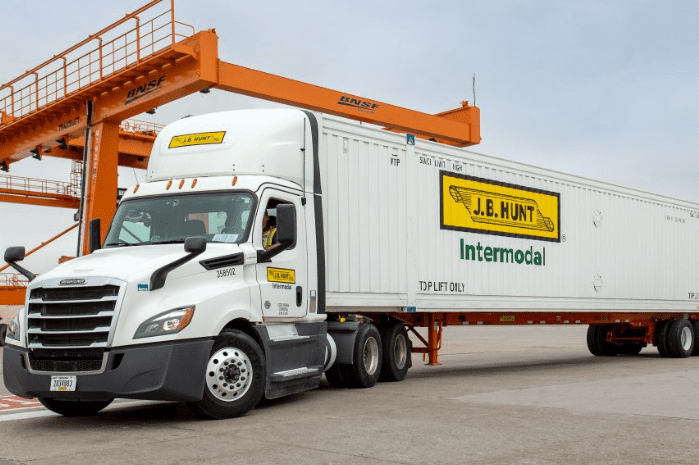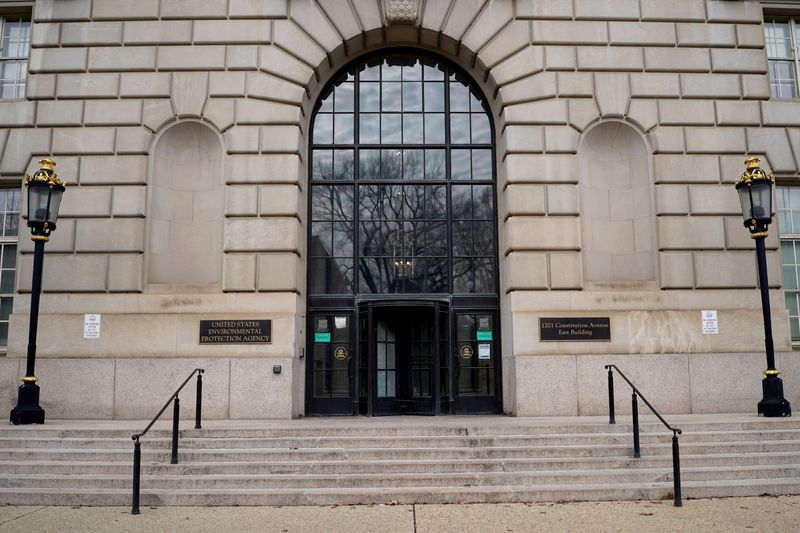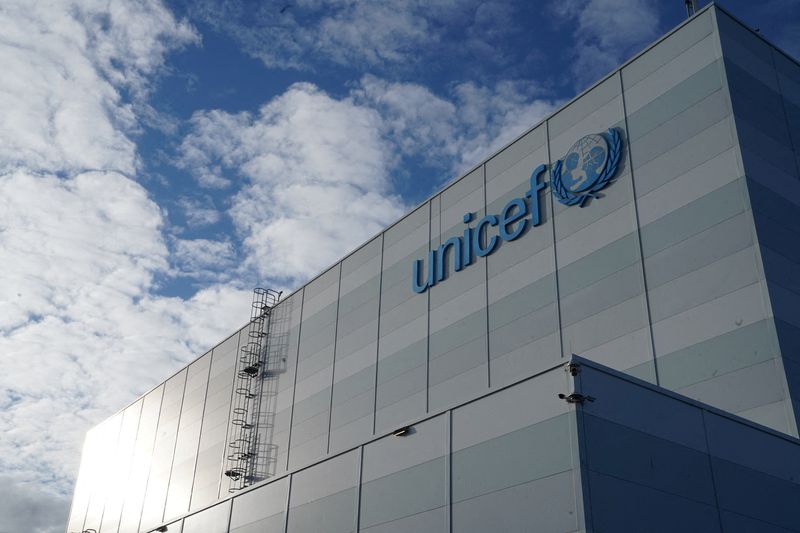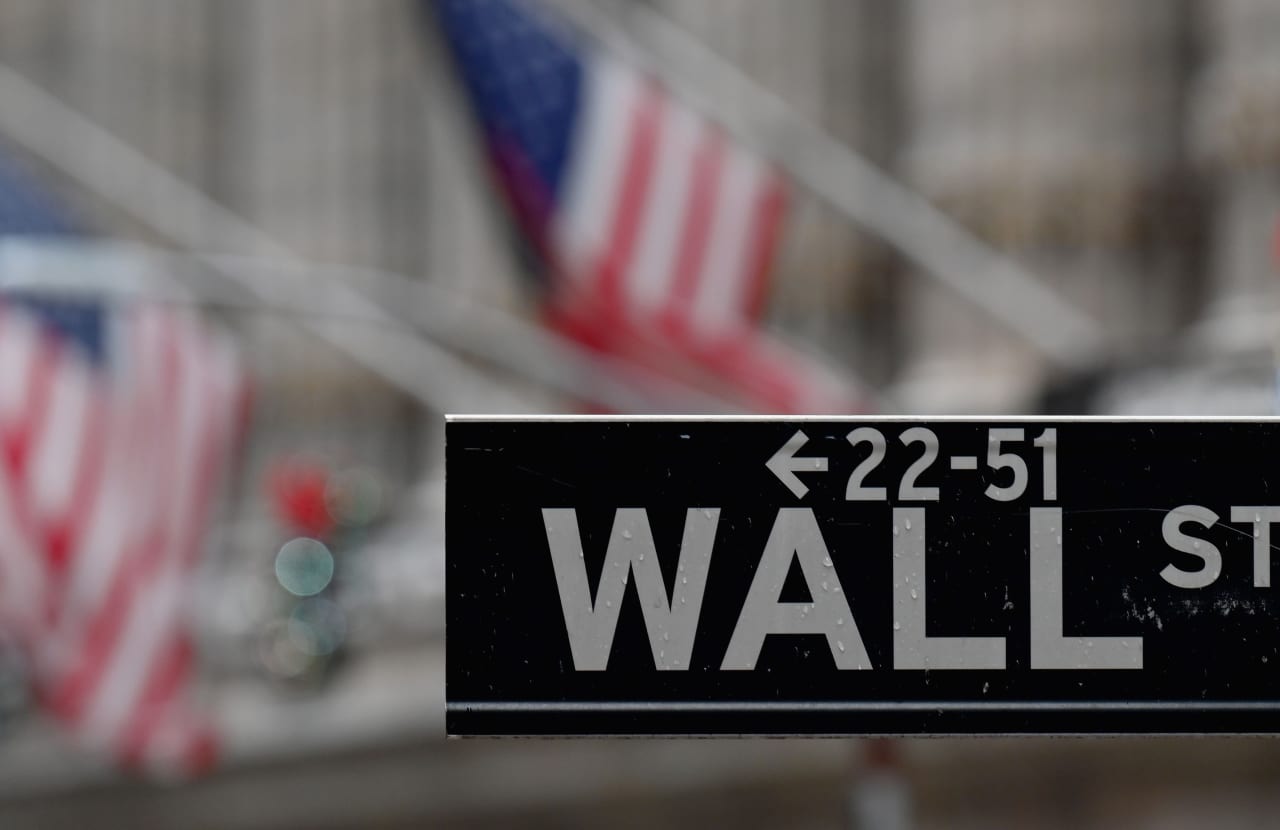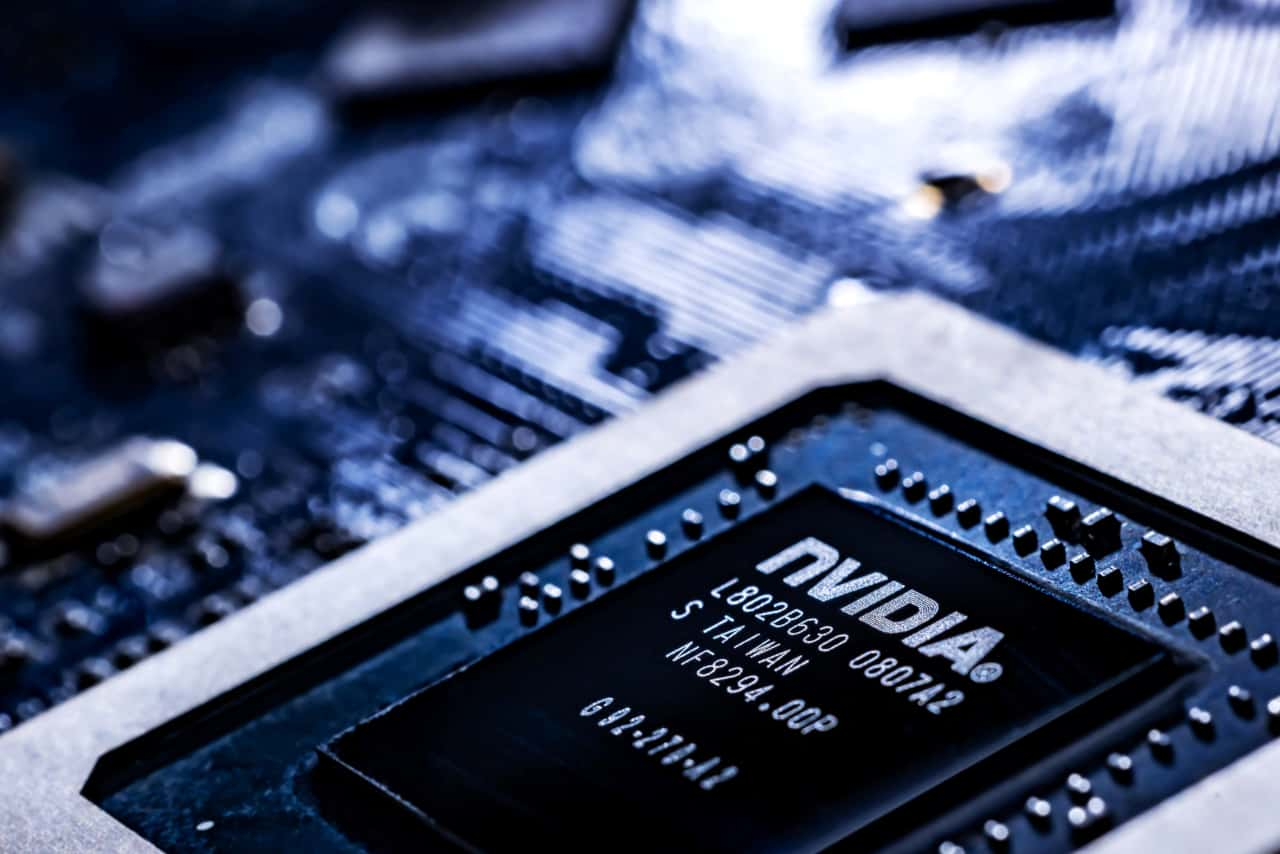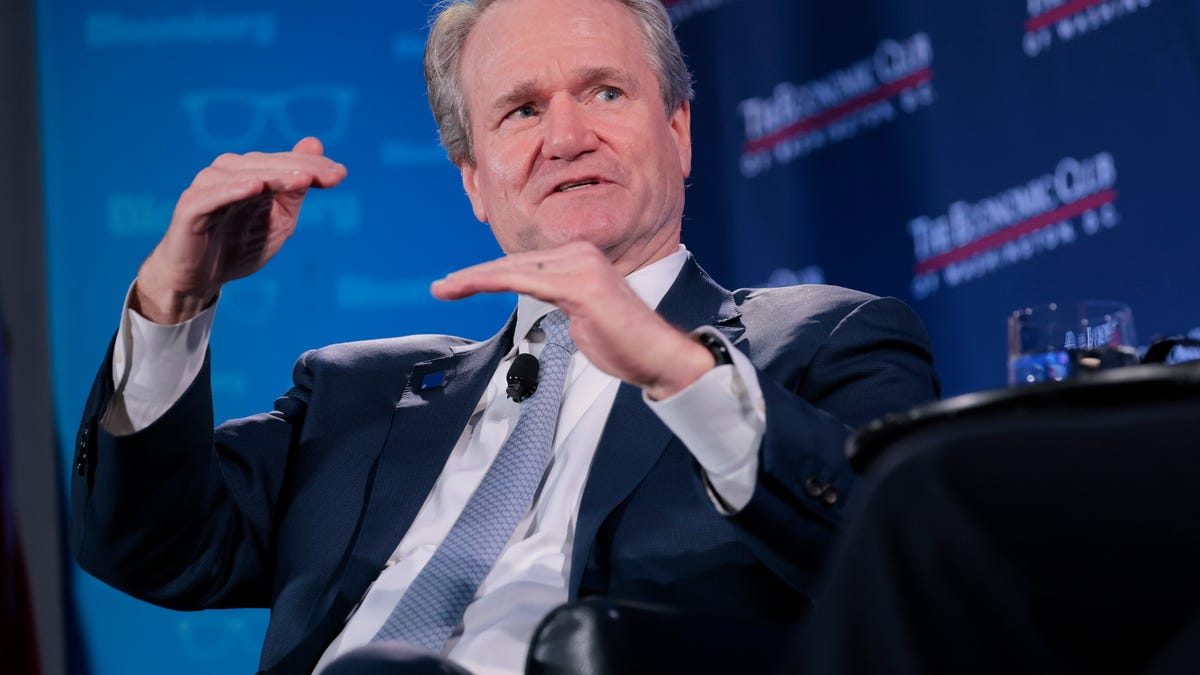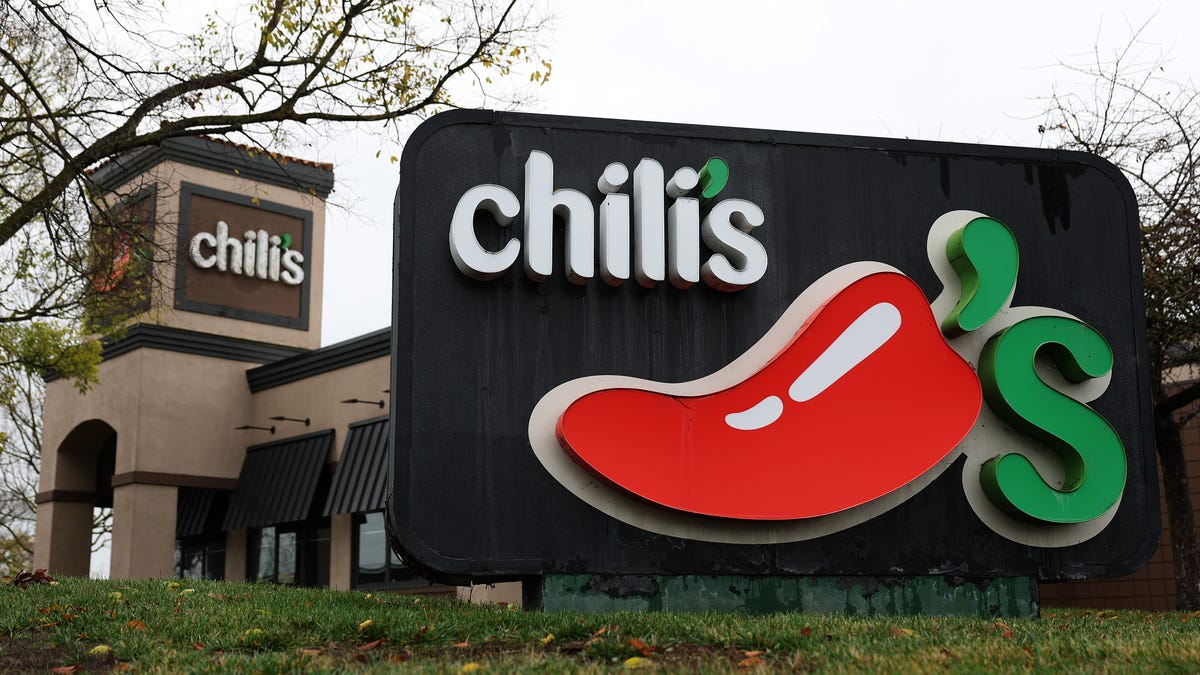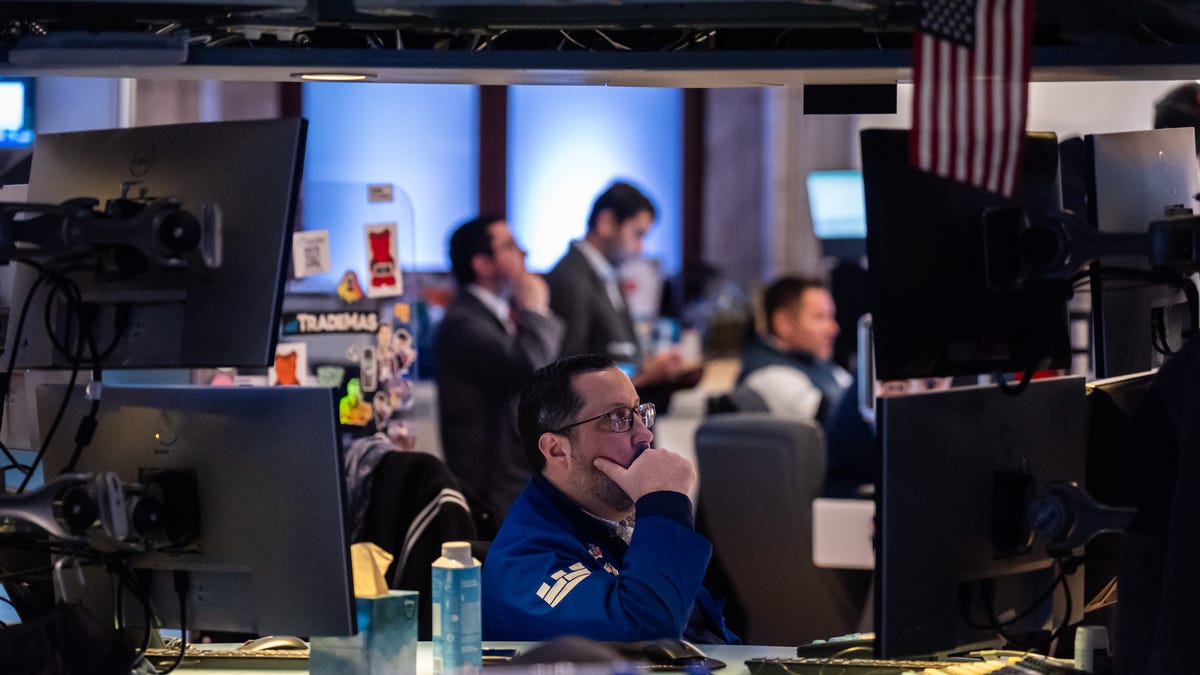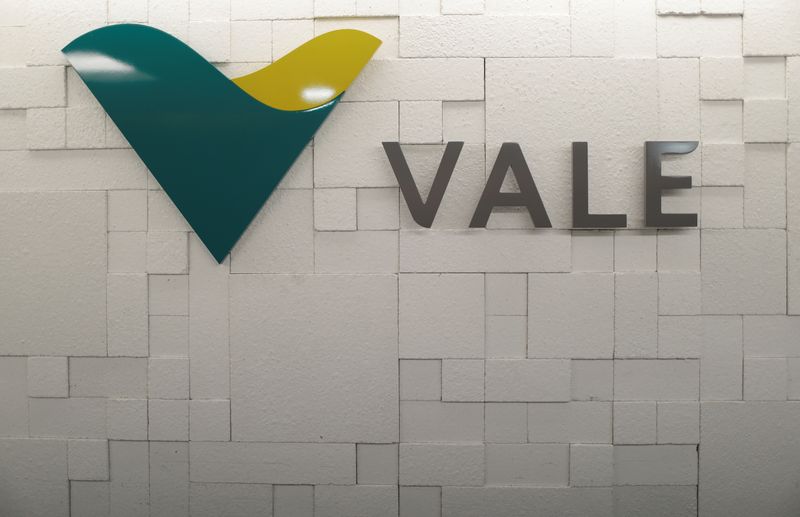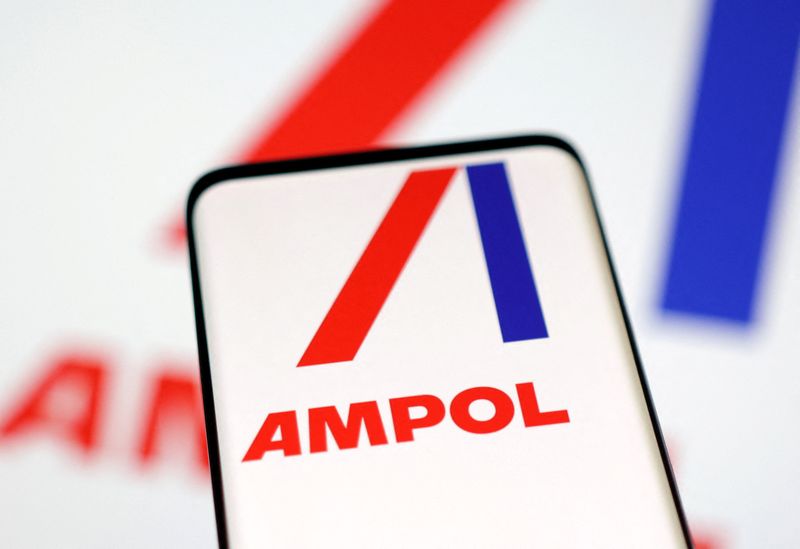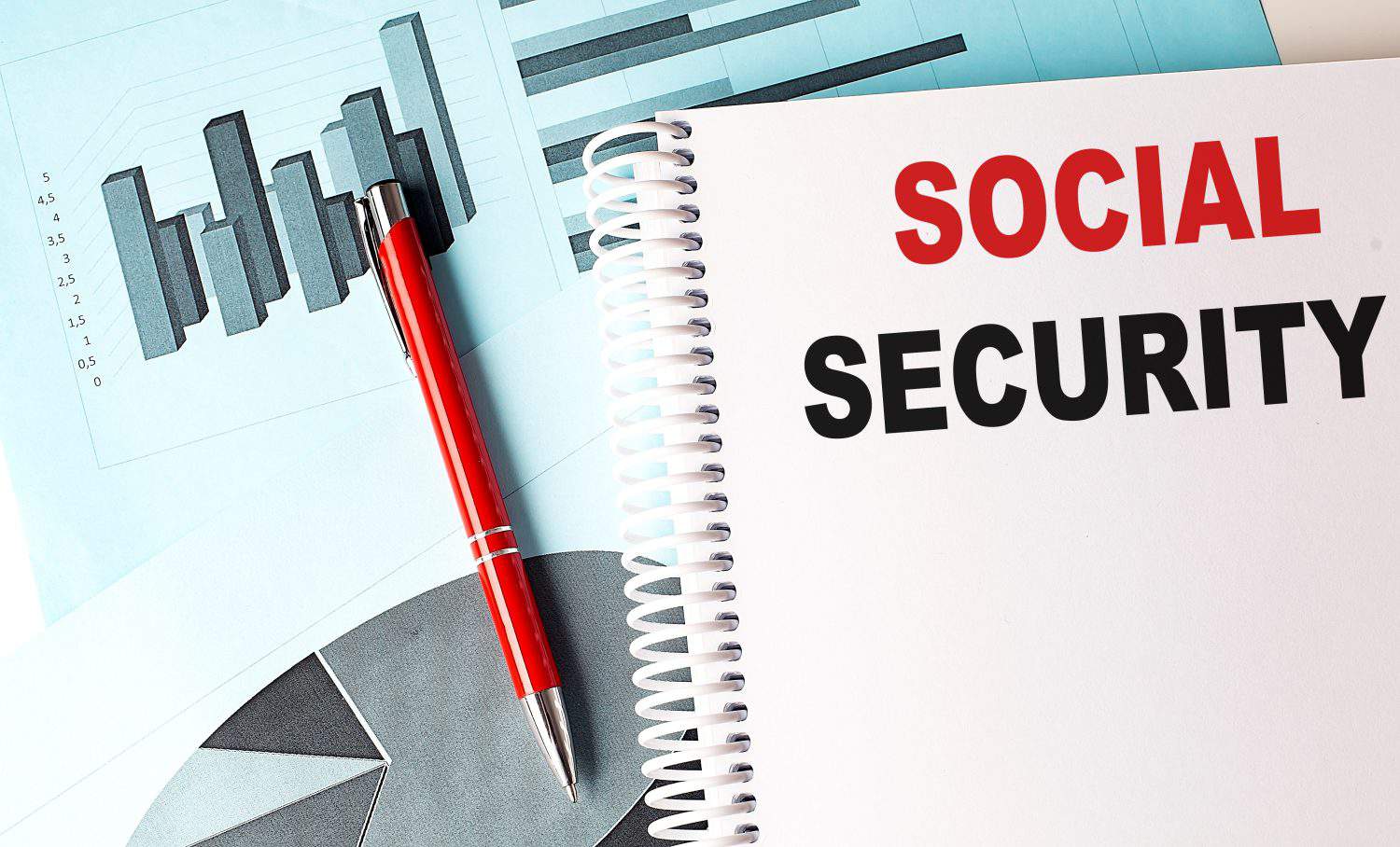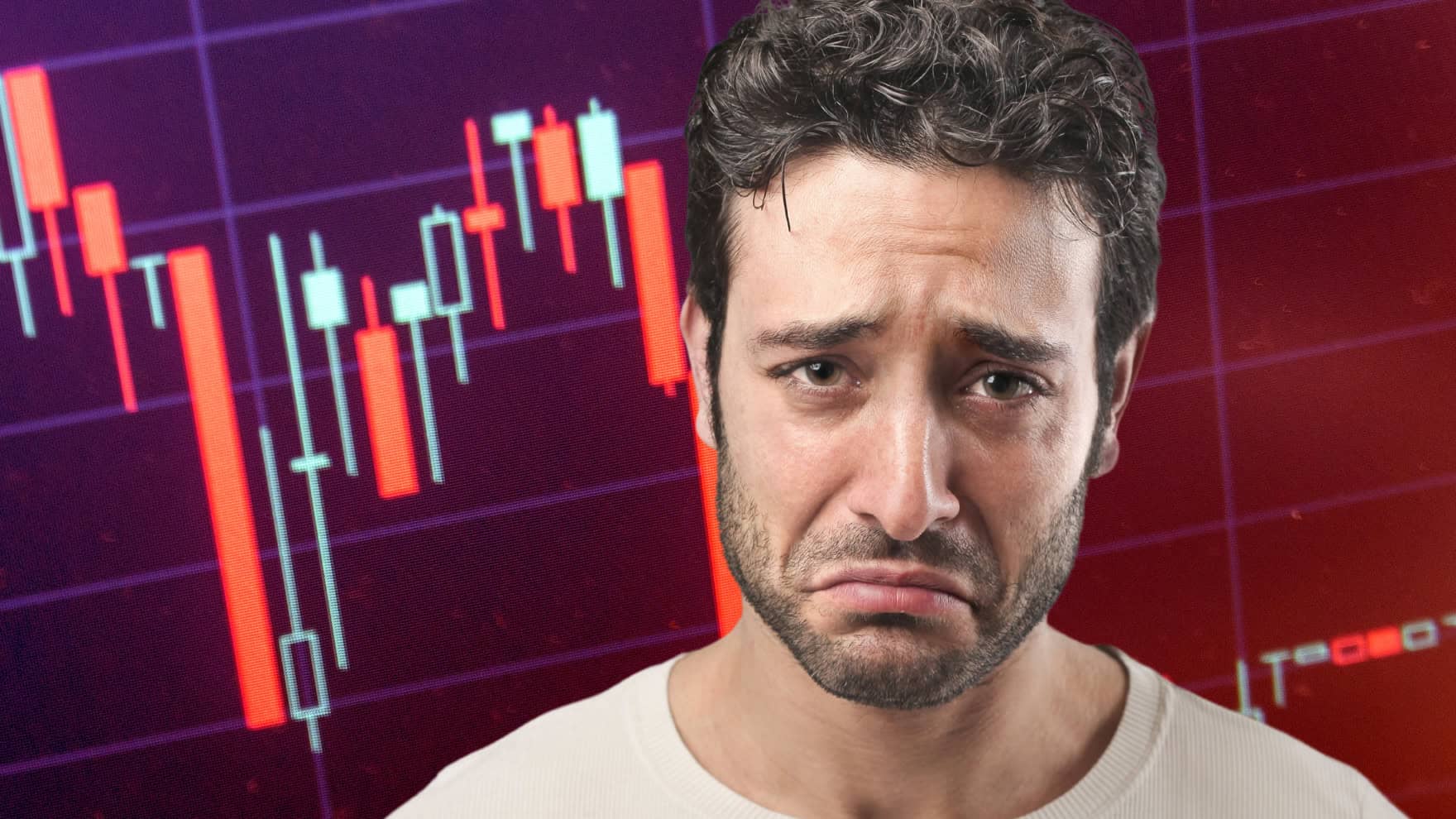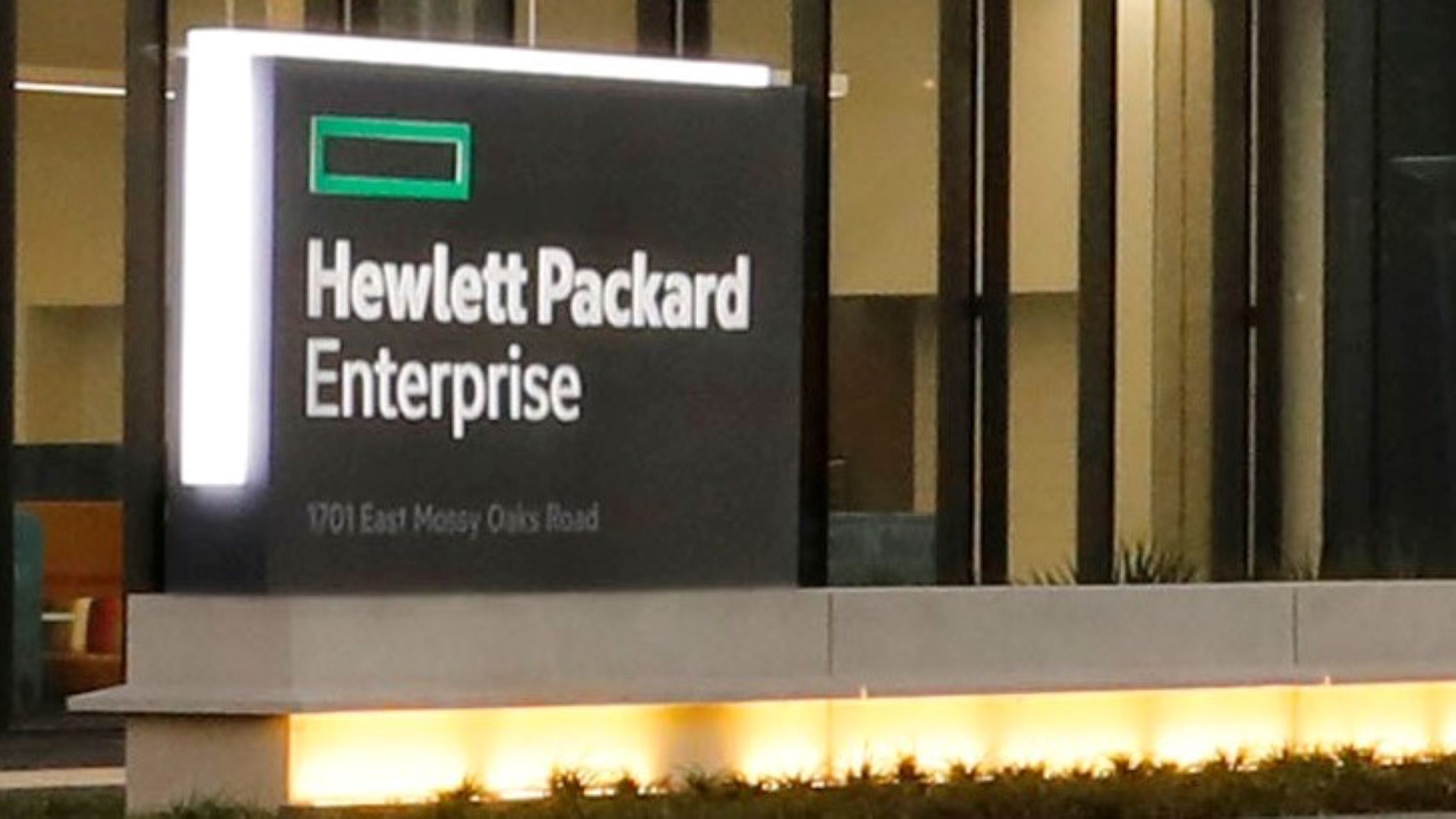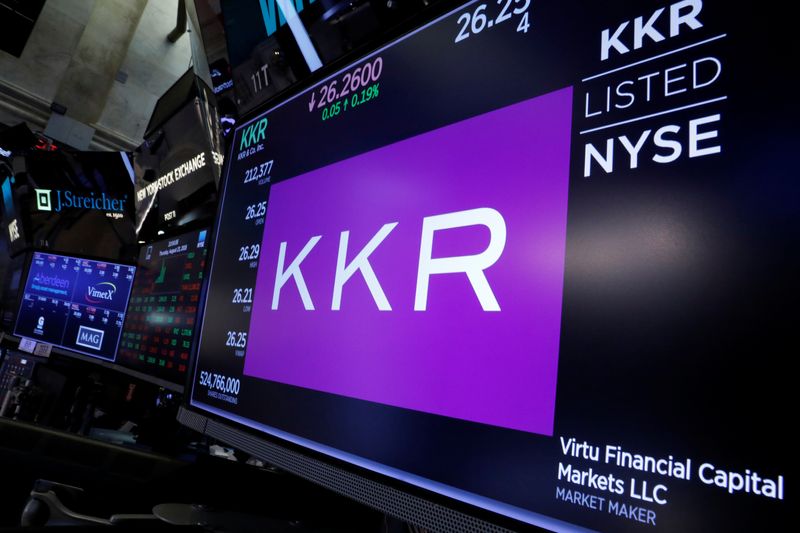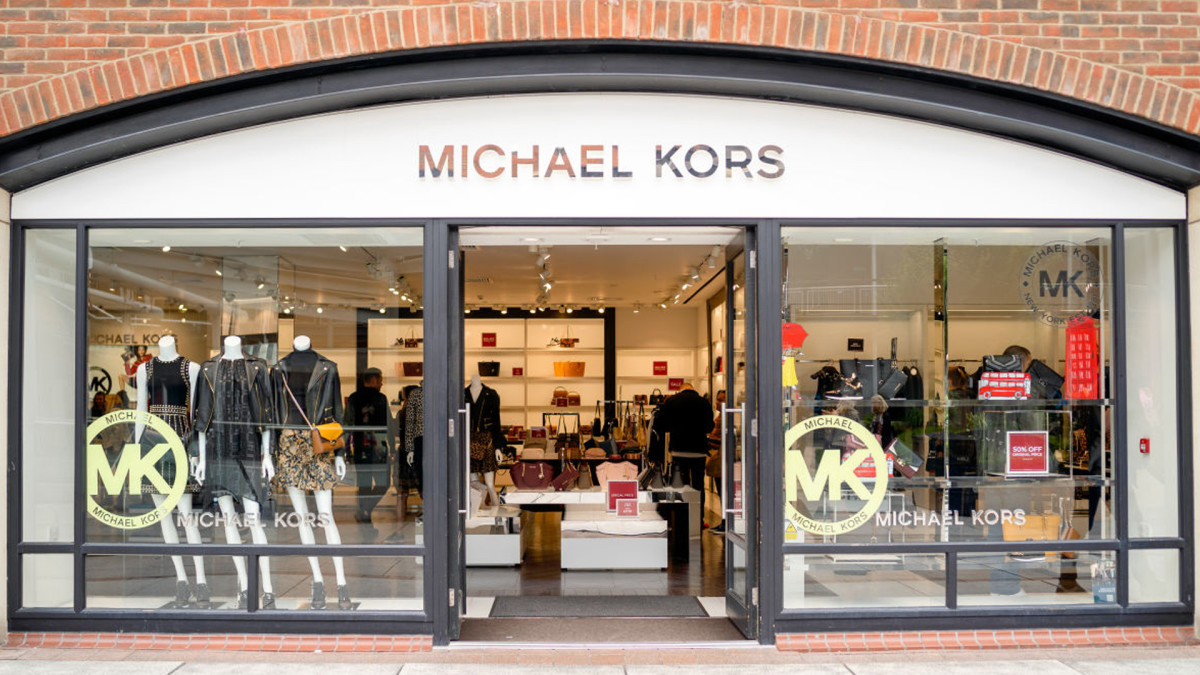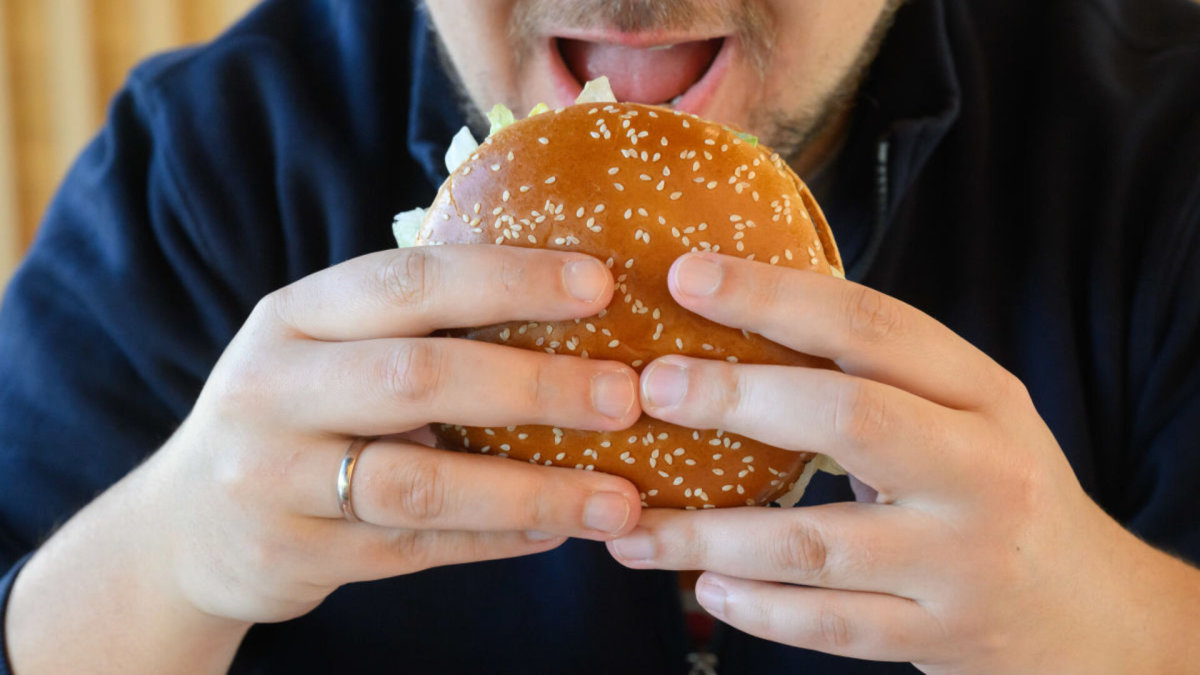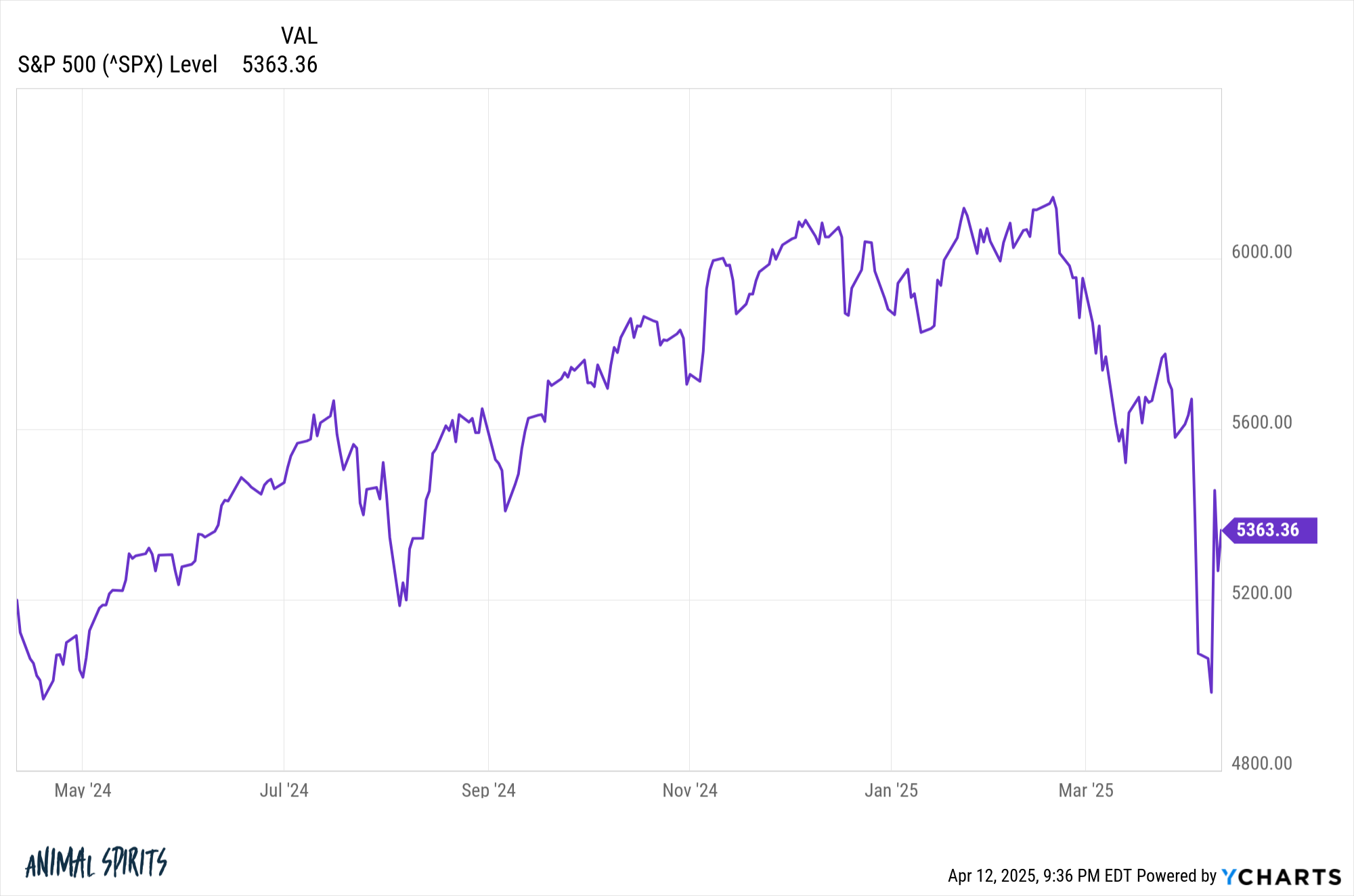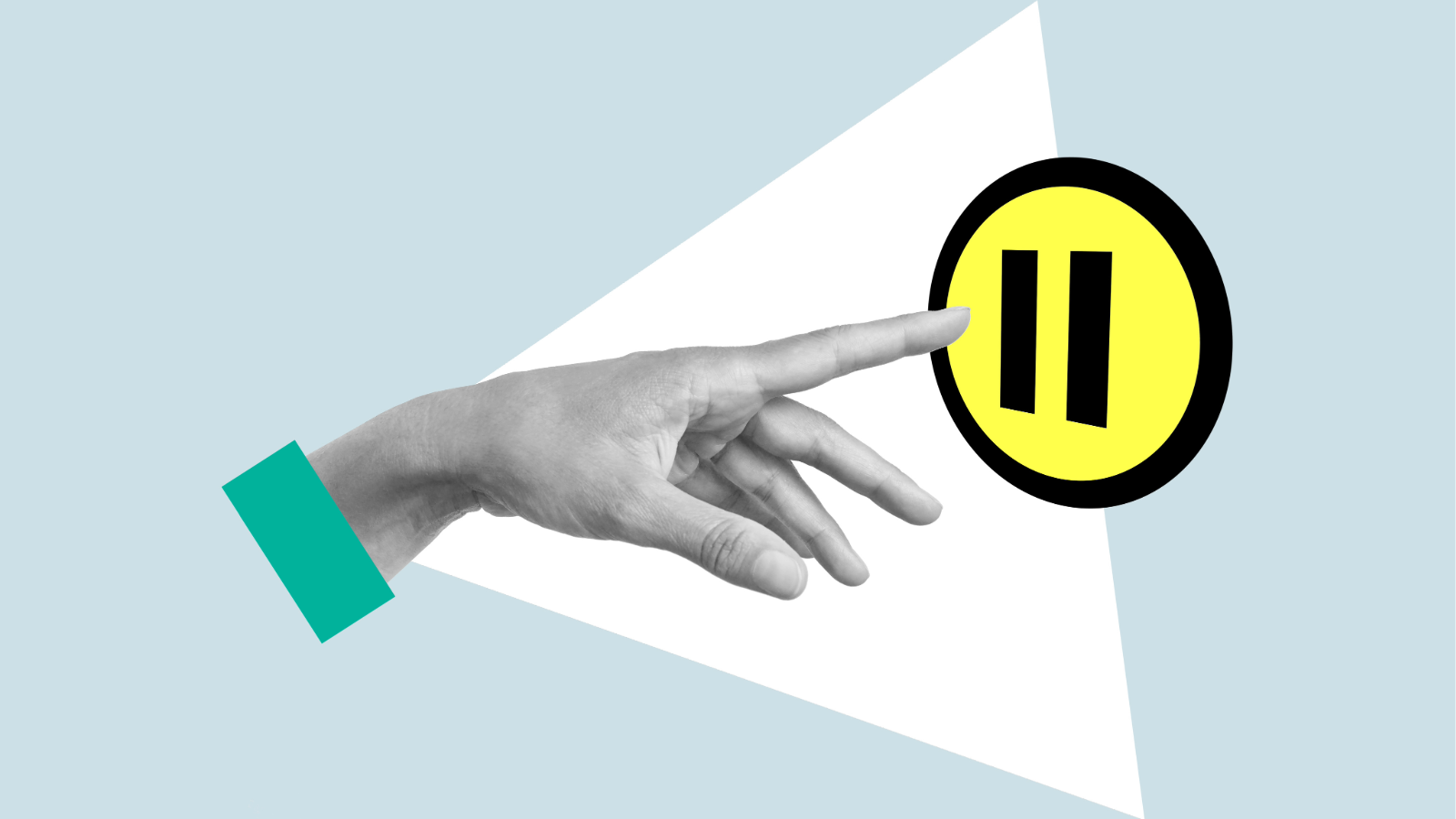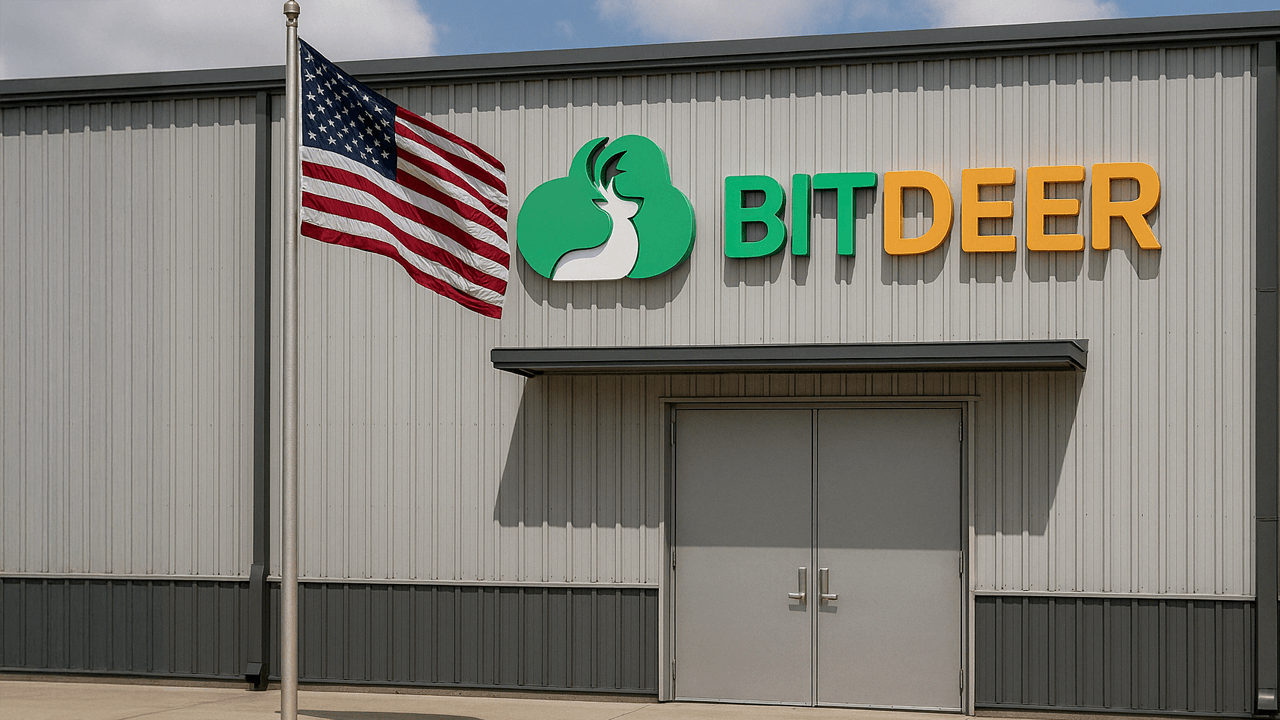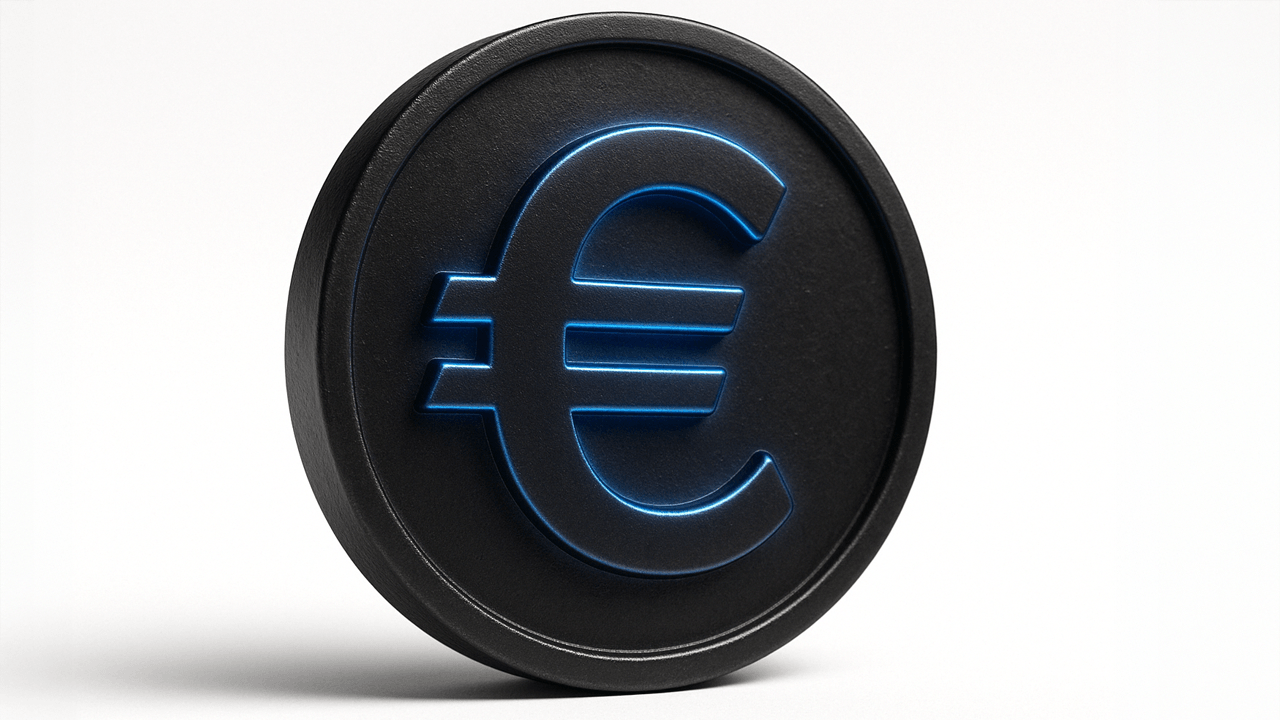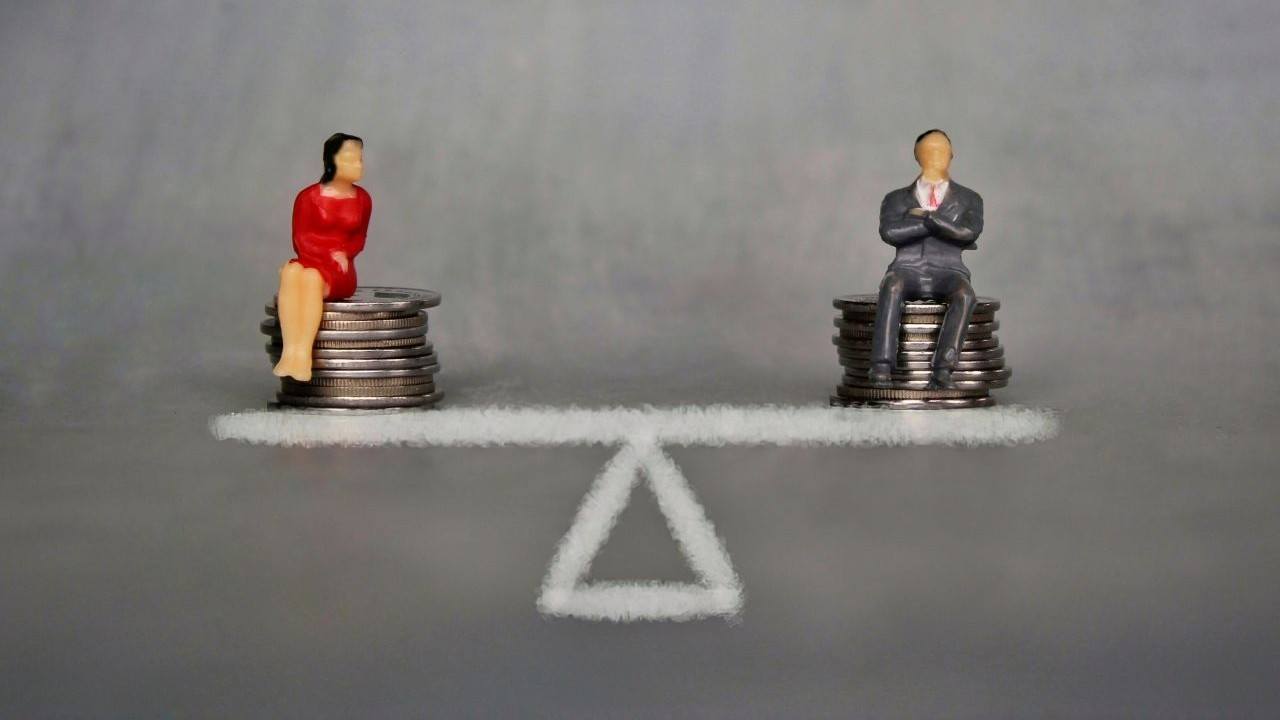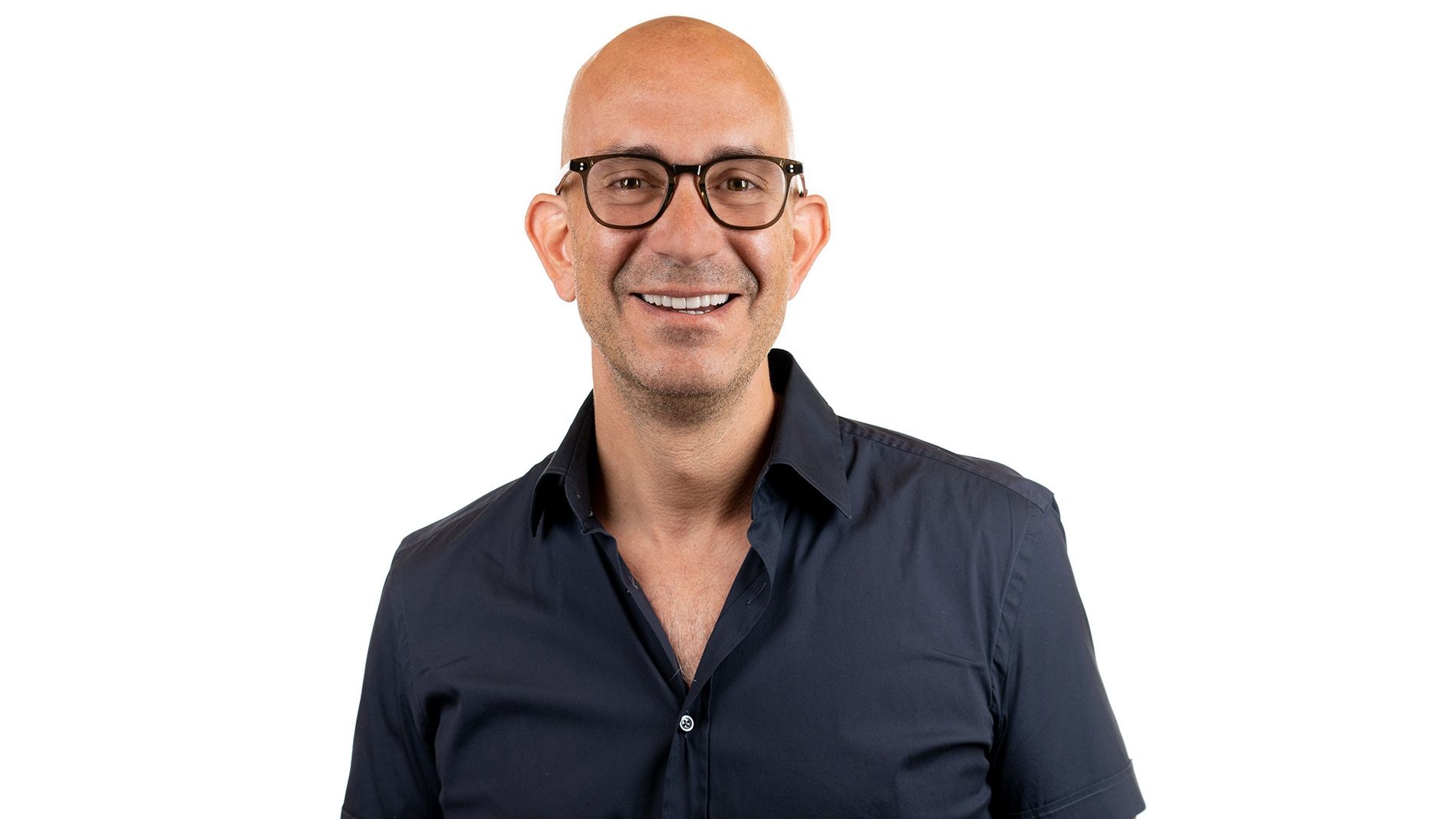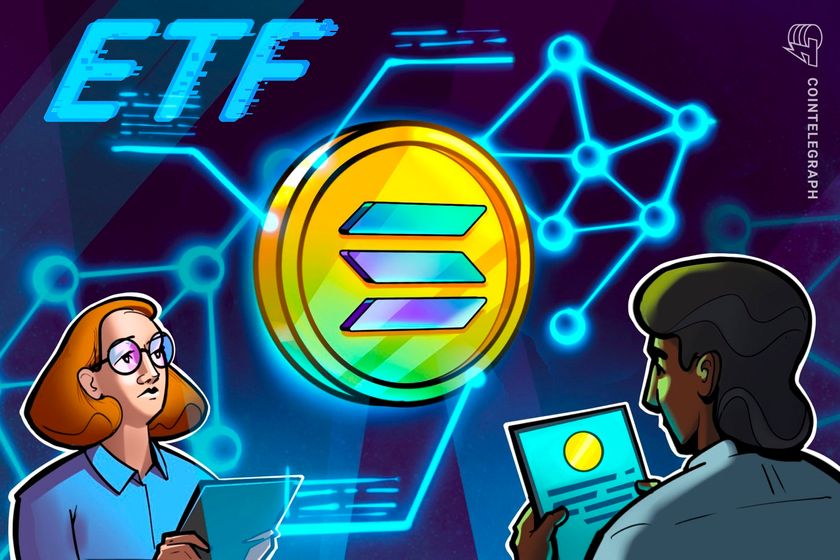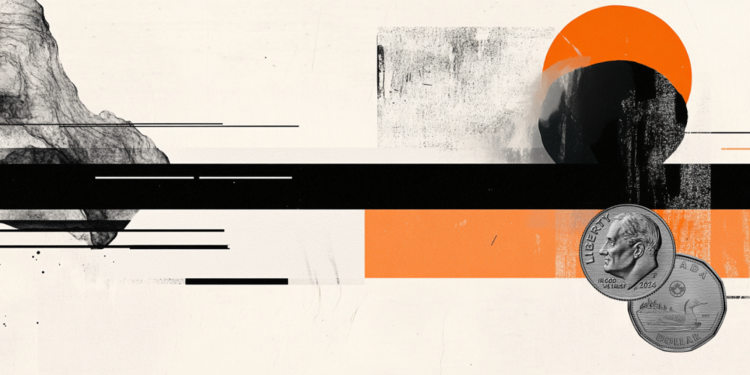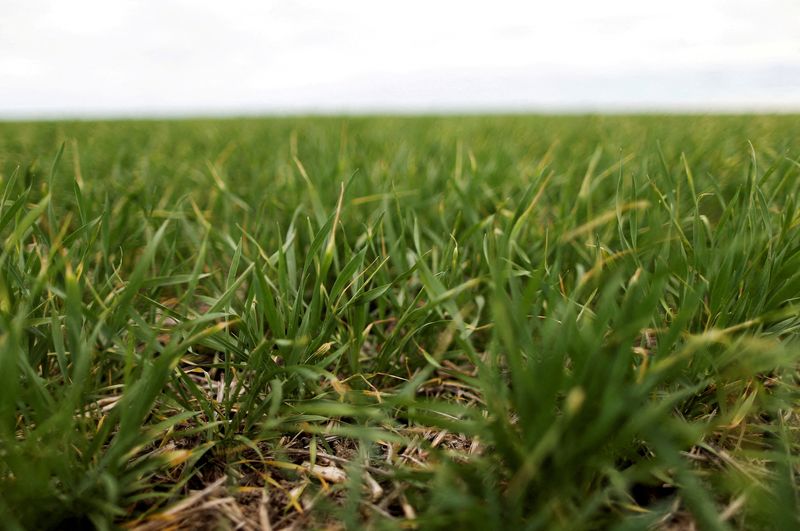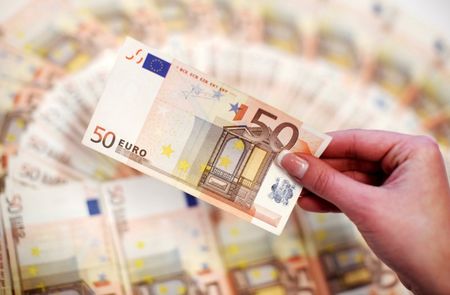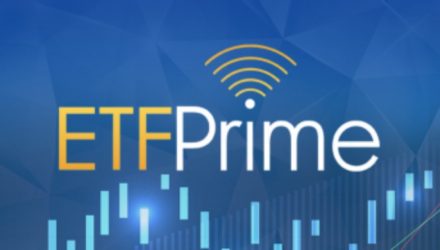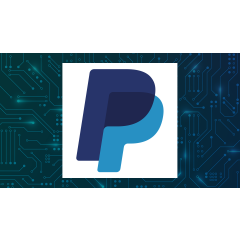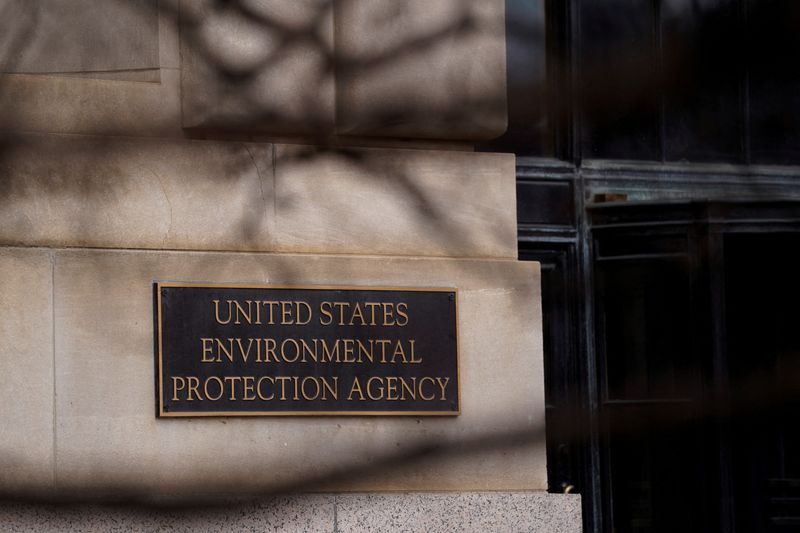Should I pay off my low-interest student loan before buying a home?
A Reddit user is getting ready to buy a home. He’s hoping to make the purchase at the end of the year, but he’s also hoping to become debt-free before he does so. He also wants to have $85,000 in savings before he becomes a homeowner. Although he has already hit his savings goal, he […] The post Should I pay off my low-interest student loan before buying a home? appeared first on 24/7 Wall St..

Key Points
-
A Reddit user wants to buy a house, but he is concerned about his student loans.
-
He wants to pay off his student loan before he buys his house, but his loan has a very low interest rate.
-
While repaying the student loan ordinarily would not make sense, it may be necessary here to lower his debt-to-income ratio.
-
Are you ahead, or behind on retirement? SmartAsset’s free tool can match you with a financial advisor in minutes to help you answer that today. Each advisor has been carefully vetted, and must act in your best interests. Don’t waste another minute; get started by clicking here.(Sponsor)
A Reddit user is getting ready to buy a home. He’s hoping to make the purchase at the end of the year, but he’s also hoping to become debt-free before he does so. He also wants to have $85,000 in savings before he becomes a homeowner.
Although he has already hit his savings goal, he still has a substantial amount of student loan debt, which he says bothers him mentally. He’s trying to decide if he should use some of his savings to pay off his student loan before buying the house, or what his best financial move would be.
Is paying off student loans before buying a home the right move?
The poster explained that he already has $85,000 in savings in a high-yield savings account earning 3.8% interest. His private student loan has a $30,000 balance at 2.7% interest, and his monthly payment is $850 per month. He plans to repay the loan in full and then build up his savings again before starting to look for a home to buy.
As a general rule, repaying a student loan at 2.7% interest would be a really bad idea. That interest rate is barely above inflation, and student loan interest is tax deductible unless your income is too high, so the poster should keep the debt for as long as possible. Many Reddit posters pointed this out, with one arguing that the original poster (OP) would be much better off making a larger down payment on the house since mortgage rates are going to be higher than the rate on the private student loan.
However, there’s a catch here. The $850 monthly payment the OP has is a pretty high monthly payment — and the OP has indicated that he would have a hard time making that payment and covering the costs of the mortgage. Plus, he said he might have a harder time qualifying for the home loan because with the $850 monthly payment added in, his debt-to-income ratio may be too high.
So, the poster isn’t just making the choice about whether to pay off the loan early solely based on whether it’s worth it to save the interest. Repayment could be the key to being able to buy and afford a home at all. The poster has the money to pay off the loan now, and if doing so enables him to get into an affordable property and start building equity, it may make sense for him to just bite the bullet, give up the low rate, and do that.
Talking to a financial advisor could be helpful

The OP is in a difficult position here, because the math on paying off a loan that’s charging such a low rate really doesn’t make sense — but the logistics of qualifying for the mortgage change the picture.
While several Reddit posters did suggest making a larger down payment on the house with the money instead of paying off the loan, the OP would need to run the numbers on whether doing that would both smake paying both the mortgage and student loan affordable and save him enough on his monthly mortgage payment to bring his DTI within the lender’s guidelines. Unfortunately, since mortgages are paid off over 30 years, making a down payment that’s $30K higher isn’t going to save the poster the $850 per month that the student loan is costing, so it probably wouldn’t accomplish those goals.
A financial advisor can assist in evaluating the options available and helping the poster decide what’s best. Ultimately, if the poster wants to qualify for a mortgage and keep his monthly costs within budget, the right move may be to get rid of the student loan ASAP to eliminate the $850 monthly payments.
However, the OP may also want to consider other solutions, such as waiting a little bit until his income increases or until his loan is paid off according to the normal schedule, before buying a home. It depends on how eager he is to get on the property ladder, trends in the property market in his area, and more. An advisor can help him consider these decisions and choose the best path forward.
The post Should I pay off my low-interest student loan before buying a home? appeared first on 24/7 Wall St..


